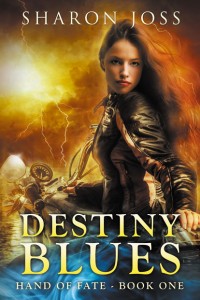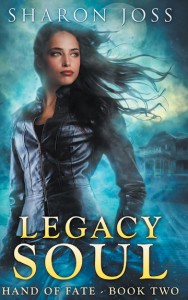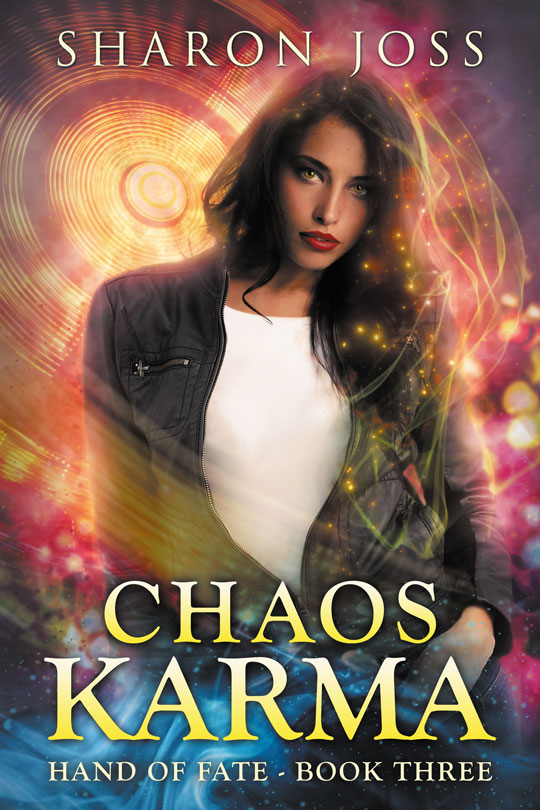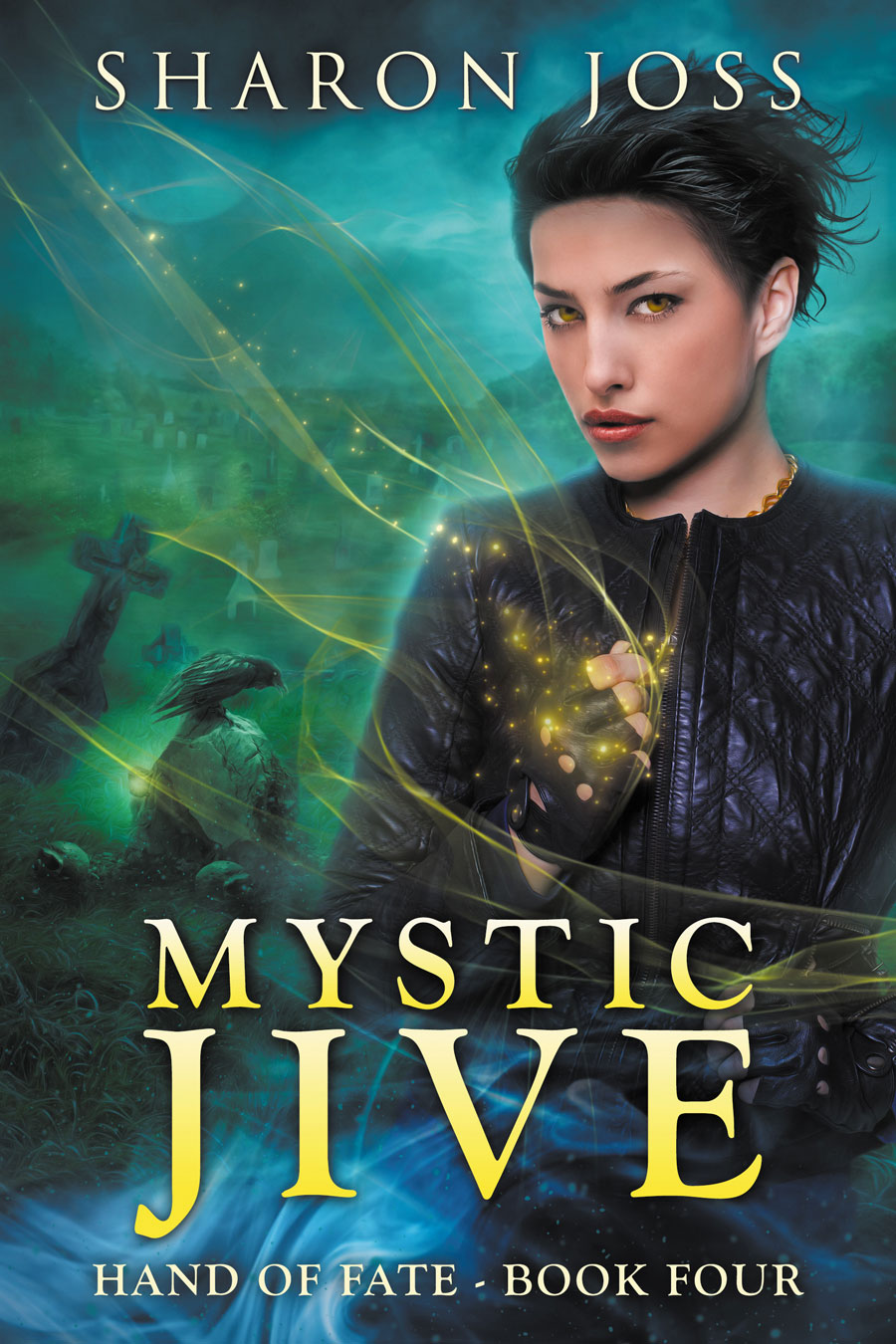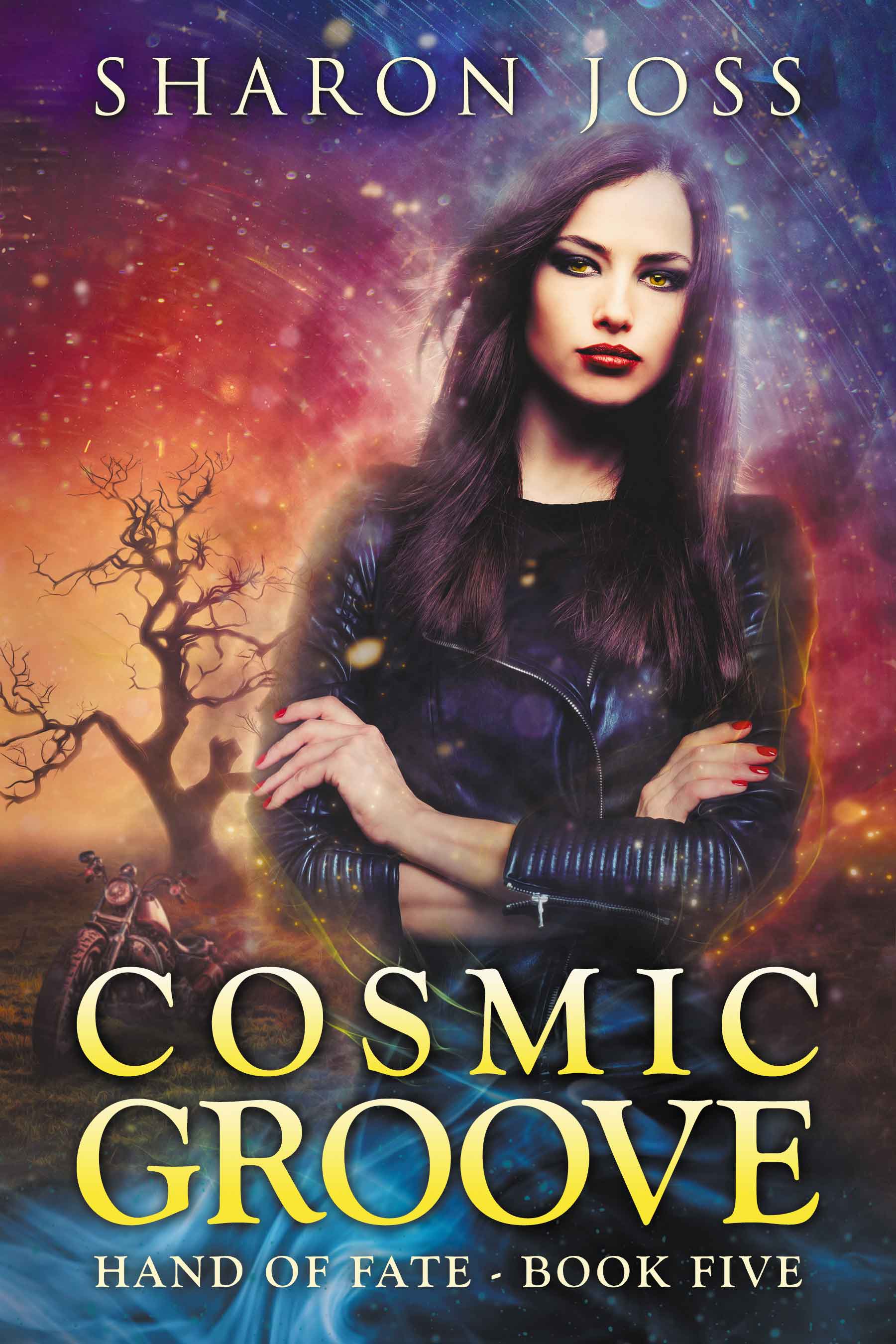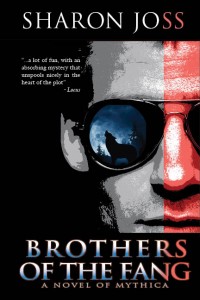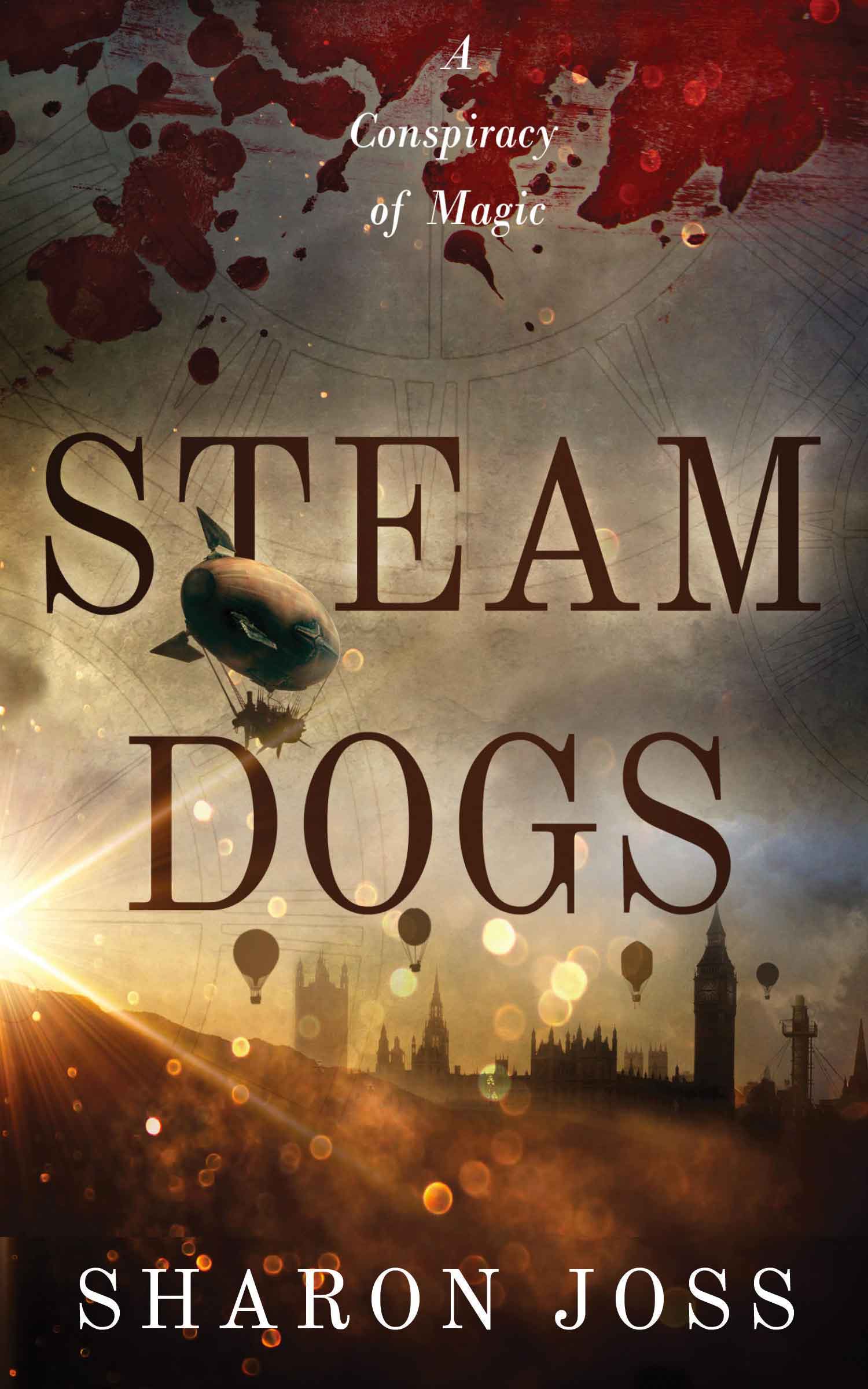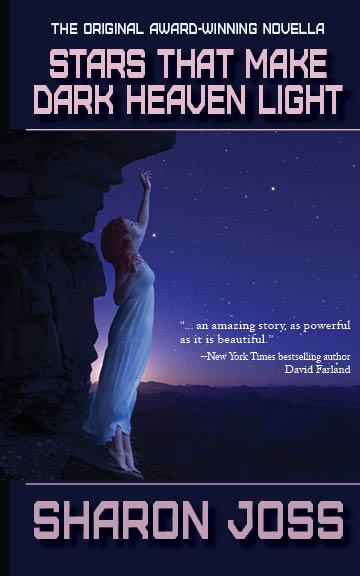I’m up in lovely, lively Bellevue Washington this week, attending a Story Masters seminar with Christopher Vogler, James Scott Bell, and Donald Maass. All three men have decades of experience in the practice and theory of writing, all are best-selling authors, and all are natural teachers.
Reverence washes over the audience when these gentlemen come to the front of the room and put on their microphone. The tension in the room builds and all us acolytes sit up straighter, cease our chatting and prick up our respective ears; bright-eyed with the hope that today we will hear the exact morsel of information we need to become a best selling (or at least published) author.
And then these men open their mouths to speak and we are so charmed, so engaged, and so captivated, that the learning feels almost effortless. Yes, each of our teachers has their own take on what makes a great story. And yes, each has honed their presentation to an art form by having presented the same material to hundreds of other rapt audiences. And yes, most of us attending this seminar have already read their books and consumed their theories in the printed form. You might think there would be restless whispering going on at some time during the long days, as happens in many classrooms, but there isn’t. You might think we would be bored. We are not. We are hanging on every word.
Chris and Jim illustrate their points with film clips. Don has us writing feverishly as he proposes ‘what if’ writing prompts about our protagonists. We are putty in their hands.
And over and over in their presentations, they say they same thing.
There is no silver bullet; there is only the writer and his personal way of telling his/her story. The tools they share with us are not hard and fast rules and not the only way to write a story. Like the ‘Pirate Code’, they are more of a guideline, to be internalized and interpreted individually by the writer. There is no sure-fire recipe for writing, there are only guideposts that these men have discovered in their quest to improve their own writing truth. Each time a student asked a question that began with, “Yeah, but…” the instructor patiently responds with (essentially) the same fundamental answer: this is what we have learned; your mileage may vary. Their messages of encouragement are universal: only you can write your story, listen to your inner voice, and keep writing. The only magic word is WRITE.

